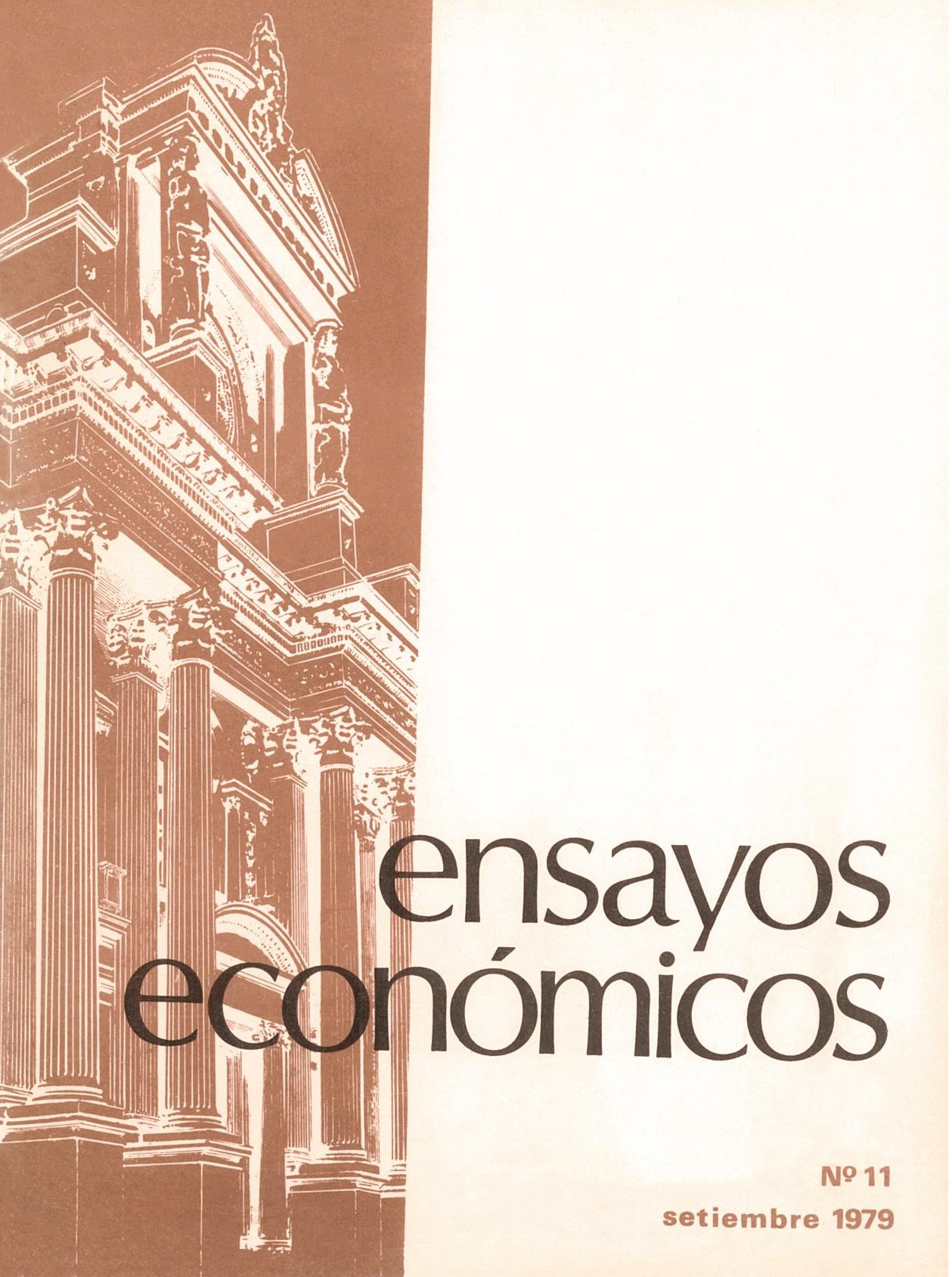The structural hypothesis in inflation theory
Keywords:
Inflation, Monetary Policy, Propagation Mechanisms, Stabilization Plans, Structural InflationAbstract
The structural theory of inflation is based on a hypothesis that relates prices to the structure of the economic system. If a structural change requires an adjustment of relative prices, with downward inflexibility of monetary prices and a passive monetary policy, an inflationary process is generated. The structural theory of inflation does not require the existence of excess aggregate demand as a necessary condition for the sustained increase in prices, but the appearance of sustained inflation presupposes the existence of propagation mechanisms or the reiteration over time of structural changes (or both). The purpose of this paper is to show the existence of a formal equivalence between the structural inflation models built based on the hypotheses of Latin American structuralists in the 60s, focused on the bottlenecks of the agricultural sector and the external sector generated by the economic development, and those formalized by European structuralists in this decade, which pay more attention to the relationship between disparate changes in sectoral labor productivities and uniform changes in wages.
JEL classification: E31 ; E52




